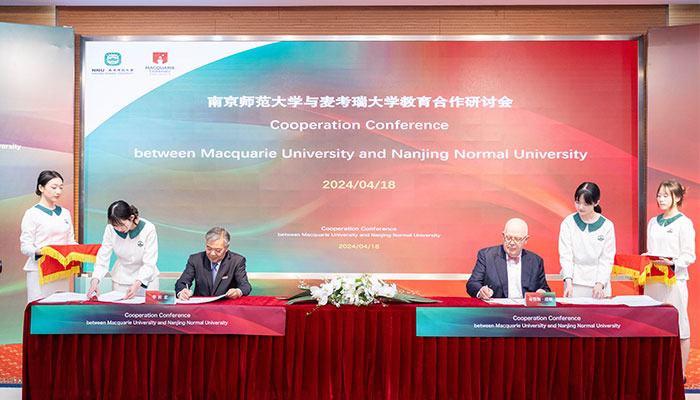- Forty per cent of Sydney’s residential gardens exceed the recommended Australian soil lead guidelines
- City of Sydney and Inner West Councils have the highest levels of lead in their soil
- VegeSafe offers free soil metal screening for the Australian community
VegeSafe, an ongoing community science program developed by Macquarie University Environmental Scientists, has revealed the extent and location of contamination of heavy metals in Australian garden soils. The research program analysed soil data from Sydney’s metropolitan areas allowing the extent of heavy metal contamination to be measured in many different regions.
“The City of Sydney and former local government areas of Leichhardt Municipal Council and Marrickville Council, have the highest levels of soil lead, averaging 883 mg/kg, 960 mg/kg, and 689 mg/kg, respectively,” explained Marek Rouillon, lead author of the study.
Professor Mark Taylor, who oversees research and testing for the VegeSafe program commented that “overall the results show that 40 per cent of garden soils from Sydney homes exceeded the Australian soil lead guideline of 300 mg/kg, with 15 per cent of garden soils containing lead concentrations in excess of 1000 mg/kg.”
The program seeks to inform the general public about the potential risks of contaminant exposure in their home environment by providing free soil metal screening for all Australian gardeners.
“Many suburban sites around Sydney and other cities have a legacy of potentially toxic contamination in soils and dusts from previous industrial sources and emissions including traffic and factory emissions, the use of lead paint and waste incineration. In most cases the local community are unaware of potential contamination legacies – which our program is helping to rectify. Accessing thousands of soils from Australian yards to test contamination was a great but productive challenge,” commented Professor Taylor.
“VegeSafe allows us to combat both of these issues. Residents can send in their soil samples allowing our researchers to measure their metal contaminant levels. In return, VegeSafe provides participants with a report on the extent of contamination and advice about ‘what to do next’ in the event of soils containing elevated concentrations of metals,” said Mr Rouillon.
The program has already provided over 5500 free soil metal tests to over 1300 homes and community gardens across Australia, with residents receiving advice about how to mitigate contamination legacies and the associated health risks.
“The program has achieved some really positive outcomes, with some homeowners opting to build raised beds containing uncontaminated soil and, in numerous cases, owners replacing all of their contaminated soil. Engaging with the public via our citizen science approach has meant we’ve not only been able to collect samples en masse from previously understudied environments, but have also been able to better inform gardeners on matters of environmental contamination and how it can be addressed. Our underlying goal is to ensure the community is better informed so that we all can ‘carry on gardening’,” Professor Taylor concluded.



